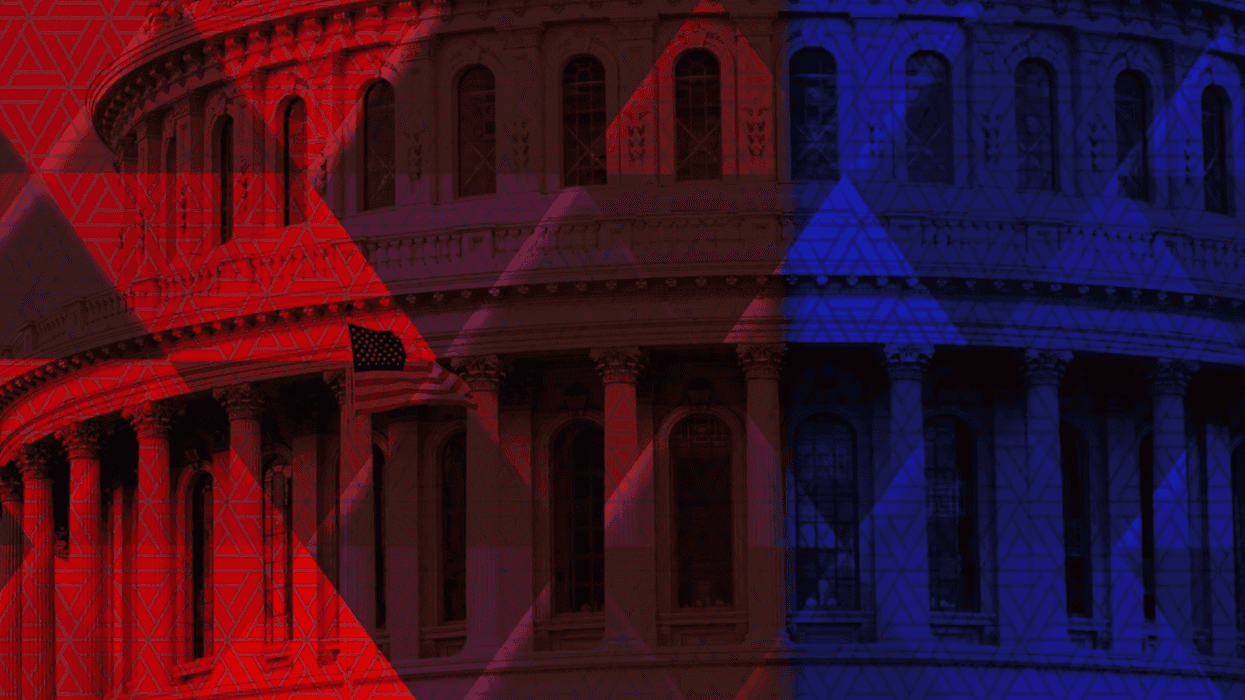Republican politicians and conservative groups are accelerating their push to remove names from voter rolls across the country in what has quickly become a major new partisan battleground ahead of the next election.
Proponents of cleaning up the rolls claim the lists are filled in some places with the names of people who are not eligible to vote because they have moved or died. This creates the opportunity for fraud, they argue. Democrats counter that such "purging" ends up removing many thousands of qualified voters and is a thinly veiled attempt by the GOP to reduce the numbers of potential Democratic voters.
The latest developments came last week when a conservative group, Judicial Watch, sent letters threatening to sue 19 large counties — 11 of them in California — for not following the federal law that outlines how lists are to be maintained.
The letters from Judicial Watch went to counties in five states — California, Colorado, North Carolina, Pennsylvania and Virginia — where the number of registered voters exceeds the most recent Census Bureau estimate of the voting age population. These include San Diego and San Francisco counties, Fairfax County in the Virginia suburbs of Washington, the county centered on Charlotte in North Carolina and the county that includes Pittsburgh.
Judicial Watch says its analysis of federal data found 378 counties — almost one out of every eight nationwide — where the number of voters registered exceeds the estimated voting age population.
"Dirty voting rolls can mean dirty elections and Judicial Watch will insist, in court if necessary, that states follow federal law to clean up their voting rolls," said the group's president, Tom Fitton.
But Justin Levitt, a professor at Loyola Law School in Los Angeles, warns in a posting on the Election Law Blog that comparing the number of registrations to the estimated adult population is "bad science."
First, he argues, the two data sets measure different things. Many members of the military or college students who may be counted for census purposes in the places where they're stationed or going to school, for example, may nonetheless be registered to vote in their hometowns. In addition, the two counts are conducted in different ways. While a firm count of people registered to vote in a jurisdiction can be done at any time, the voting age populations are estimates by the Census Bureau that include a margin of error, and are often several years behind the current voter registration count.
"To be abundantly clear: accurate list maintenance is good hygiene, and beneficial. Inaccurate list maintenance based on flawed measures of problems is medical malpractice," Levitt wrote last week.
Judicial Watch has been successful in suing to force cleanups of voter registration rolls in California, Kentucky and Ohio under the National Voter Registration Act. The 1993 law is more widely known as the Motor Voter Act for its best-known provision, requiring people be given an opportunity to register when they get or renew a driver's license. But it also sets out the method by which names can be removed from voter rolls, requiring election officials to send notices to voters who appear to have moved and have skipped several elections.
Recently, efforts to remove hundreds of thousands of names from the voter registration rolls in Georgia and Ohio have been the subject of legal challenges.
In both states, thousands of those removals were found to be mistaken.





















